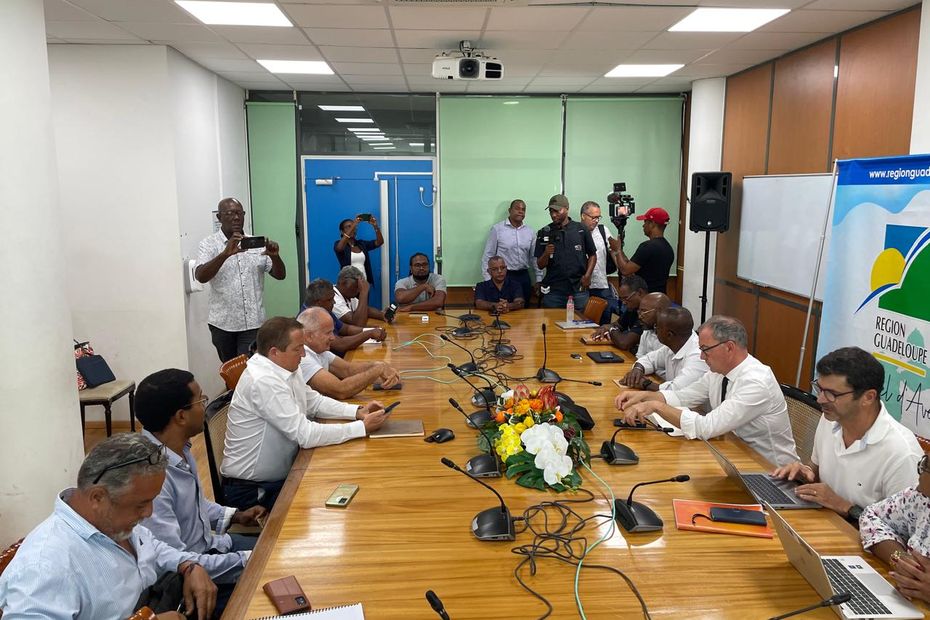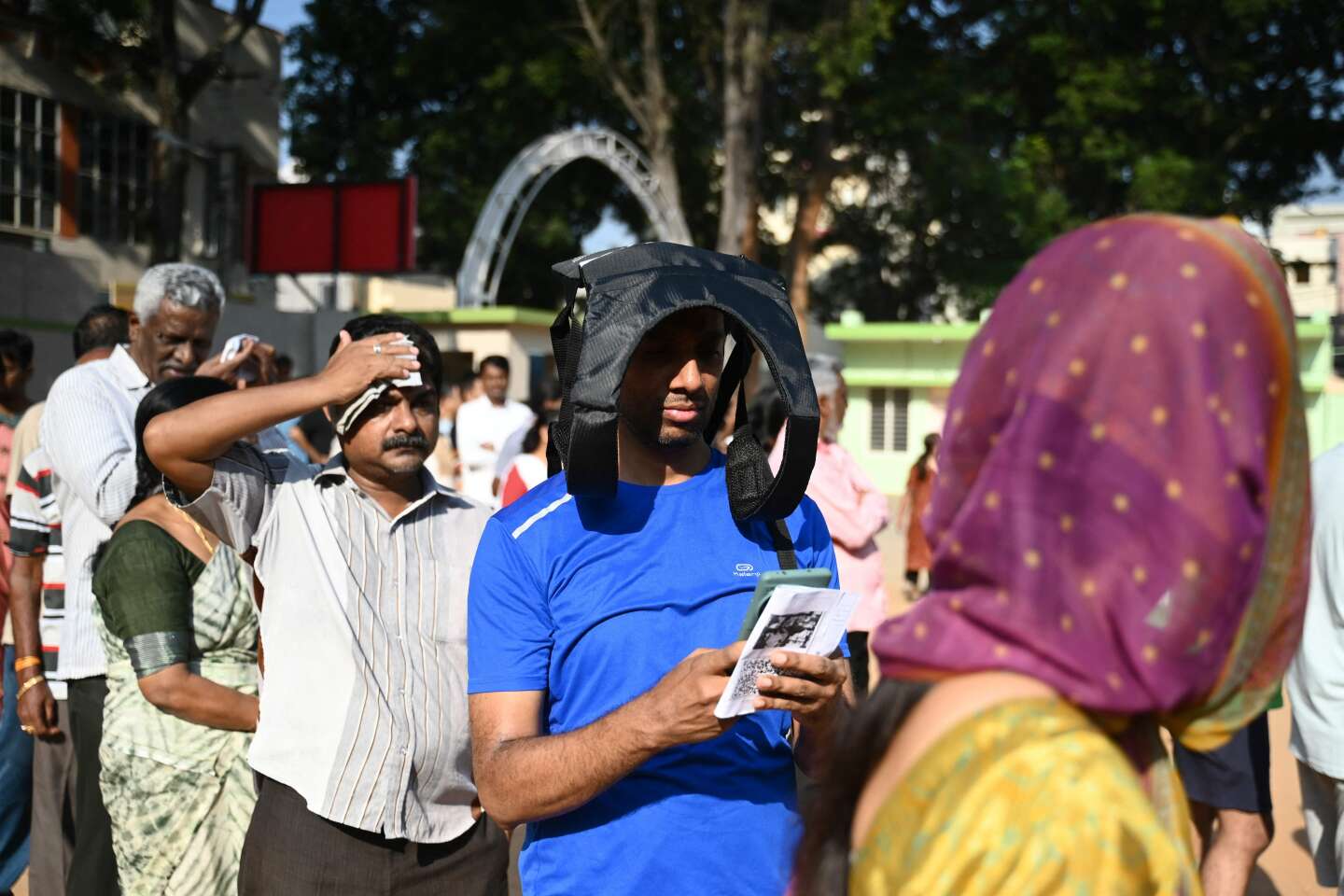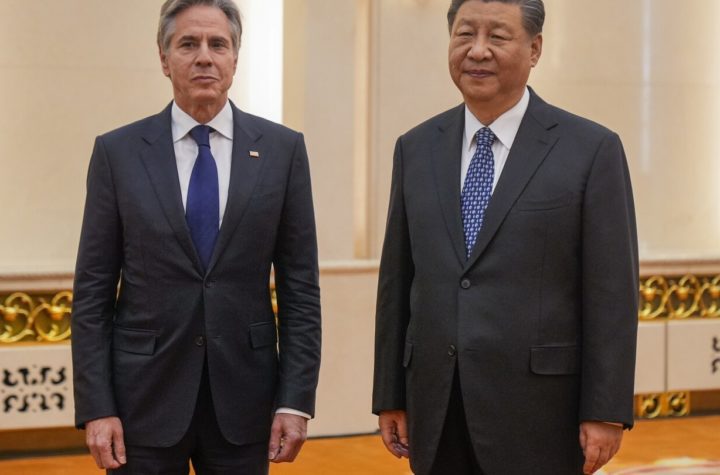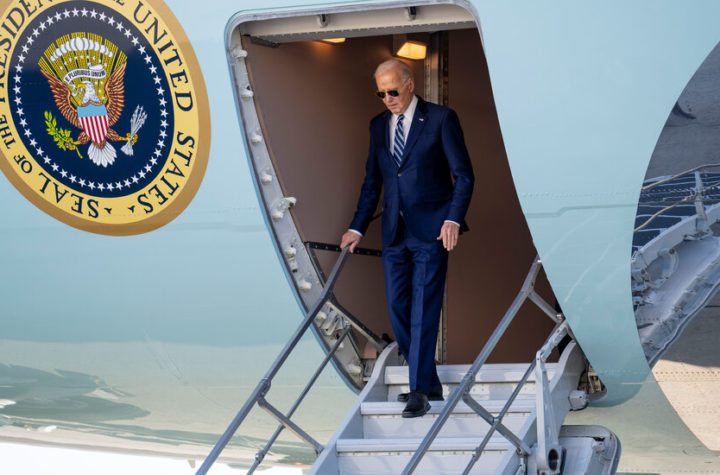Oct 18 (Reuters) – Two Iranian officials and two Iranian diplomats told Reuters that Iran has promised to provide Russia with surface-to-surface missiles as well as more drones, in a move likely to anger the United States and other Western powers.
A deal was struck on October 6 when Iranian First Vice President Mohammad Mokhber, two senior officials from Iran’s powerful Revolutionary Guards and an official from the Supreme National Security Council visited Moscow for talks with Russia on arms delivery.
“The Russians asked for more Iranian drones and ballistic missiles with improved accuracy, especially the Fateh and Zulfiqar family of missiles,” said an Iranian diplomat who was briefed on the flight.
Register now to get free unlimited access to Reuters.com
A Western official familiar with the matter confirmed this, saying that an agreement was in place between Iran and Russia to provide short-range surface-to-surface ballistic missiles, including the Zolfagar.
The Iranian diplomat rejected assertions by Western officials that these transfers violated a 2015 United Nations Security Council resolution.
“Where it is used is not the seller’s issue. We do not take sides in the Ukrainian crisis like the West. We want to end the crisis through diplomatic means,” the diplomat said.
Ukraine has reported a series of Russian attacks using Iranian-made Shahed-136 drones in recent weeks. Iran has denied supplying Russia with drones, while the Kremlin on Tuesday denied that its forces had used Iranian drones to attack Ukraine.
Asked whether Russia used Iranian drones in its campaign in Ukraine, Kremlin spokesman Dmitry Peskov said the Kremlin had no information on their use.
“Russian equipment with Russian designations is used,” he said. All other questions should be directed to the Ministry of Defense.”
The ministry did not immediately respond to a request for comment.
The appearance of Iranian missiles as well as drones in Moscow’s arsenal in the war with Ukraine would heighten tensions between Iran and the United States and other Western powers.
Shipment “soon, very soon”
The US State Department estimated that Iranian drones were used on Monday in a morning rush-hour attack on the Ukrainian capital, Kyiv, a US official said. White House spokeswoman Karen Jean-Pierre also accused Tehran of lying when she said Iranian drones were not being used by Russia in Ukraine.
A European diplomat said his country’s assessment is that Russia finds it more difficult to produce weapons for itself in light of the sanctions imposed on its industrial sector, and is thus turning to imports from partners such as Iran and North Korea.
“Drones and missiles are the next logical step,” the European diplomat said.
Asked about Iranian surface-to-surface missile sales to Russia, a senior US military official said: “I don’t have anything to offer at the moment as to whether or not that is accurate at this point.”
Amid anger over Western economic sanctions, Iran’s rulers are keen to bolster strategic ties with Russia against an emerging US-backed Arab-Israeli Gulf bloc that could shift the balance of power in the Middle East away from the Islamic Republic.
Iran’s rulers are also under pressure from nationwide demonstrations sparked by the death of a 22-year-old woman in custody for “improper clothing”.
Several European Union countries called on Monday for sanctions against Iran over its supply of drones to Russia, as the bloc agreed to a separate set of sanctions over Tehran’s crackdown on the unrest.
“They (the Russians) wanted to buy hundreds of our missiles, even the medium-range ones, but we told them we could soon ship a few hundred of their Zollvager and Fateh-110 short-range, surface-to-surface missiles,” one said. of security officials.
“I can’t tell you the exact time, but soon, these shipments will be shipped very soon in two to three shipments.”
An Eastern European official who tracks Russian arms activities said this arms deal was cognizant of it, although there was no specific evidence to back it up. The official said the decision was made by the Iranian and Russian leaders to go ahead with the transfer.
Another Iranian diplomat said that Moscow had specifically ordered the short-range Fateh-110 and Zolfaghar surface-to-surface missiles, and the shipment would take place within 10 days at most.
Drone attack
The stakes are high for Iran, which is negotiating with Western countries to revive the 2015 agreement that would ease sanctions on Tehran in return for curbs on its nuclear activities.
Talks are deadlocked, and any disagreements between Tehran and Western powers over arms sales to Russia or Iran’s crackdown on the unrest could undermine efforts to strike a deal.
US State Department spokesman Vidant Patel said Monday that the United States agrees with British and French assessments that Iran’s supply of drones to Russia violates a United Nations Security Council resolution that ratified the 2015 agreement.
The Western official, who asked not to be identified due to the sensitive nature of the matter, said that like drones, missile transfers also violate UN Resolution 2231.
The second diplomat said that many senior Iranian officials were angry about planned “unfair” sanctions on Iran over arms shipments to Russia.
Three Iranian officials told Reuters that in September, Tehran rejected a request from President Vladimir Putin to supply Iran with Iranian long-range Arash II attack aircraft.
When asked about the reason for the refusal, one of the officials referred to several issues including “some technical problems”.
“The (Revolutionary) Guard commanders were also concerned that if Russia used the Arash-2 drone in Ukraine, the Americans might have access to our technology.”
Register now to get free unlimited access to Reuters.com
Written by Michael Georgi, Editing by William MacLean
Our criteria: Thomson Reuters Trust Principles.

“Infuriatingly humble alcohol fanatic. Unapologetic beer practitioner. Analyst.”









More Stories
Talks between the United States and China begin with warnings about misunderstanding and miscalculation
Middle East Crisis: The United States and 17 other countries call on Hamas to release the hostages
José Andrés pays tribute to seven World Central Kitchen workers killed in Gaza